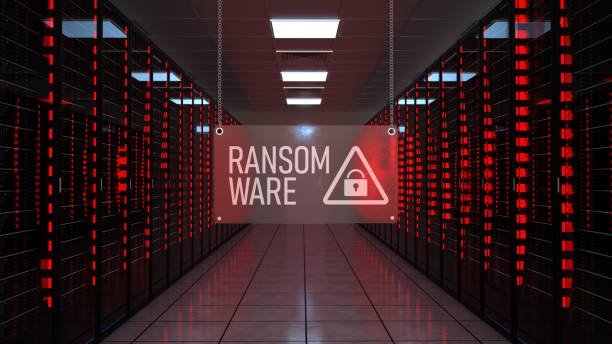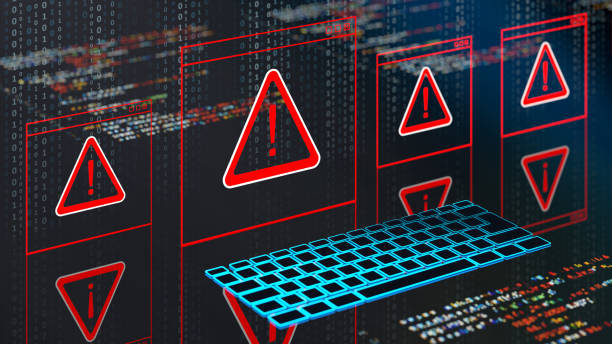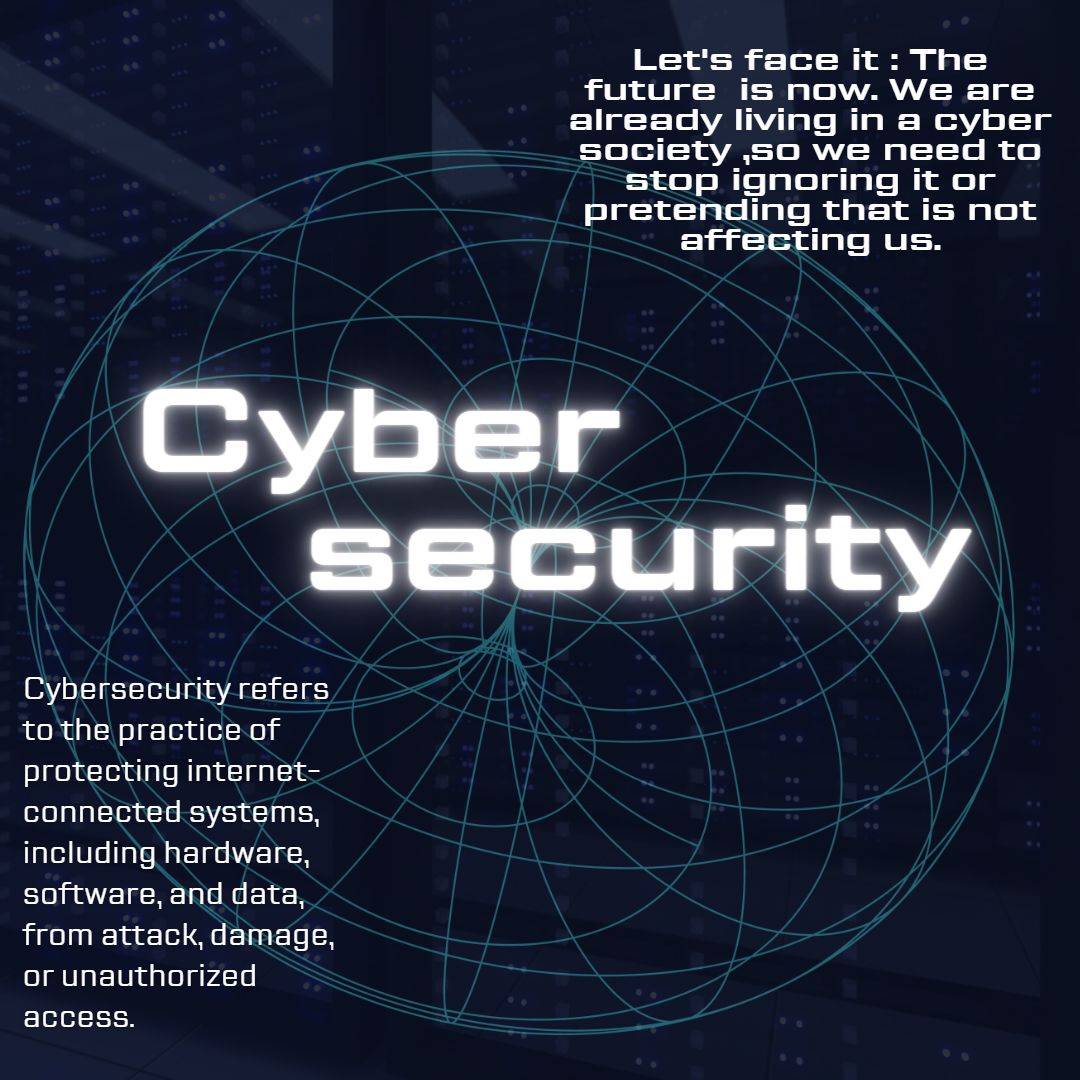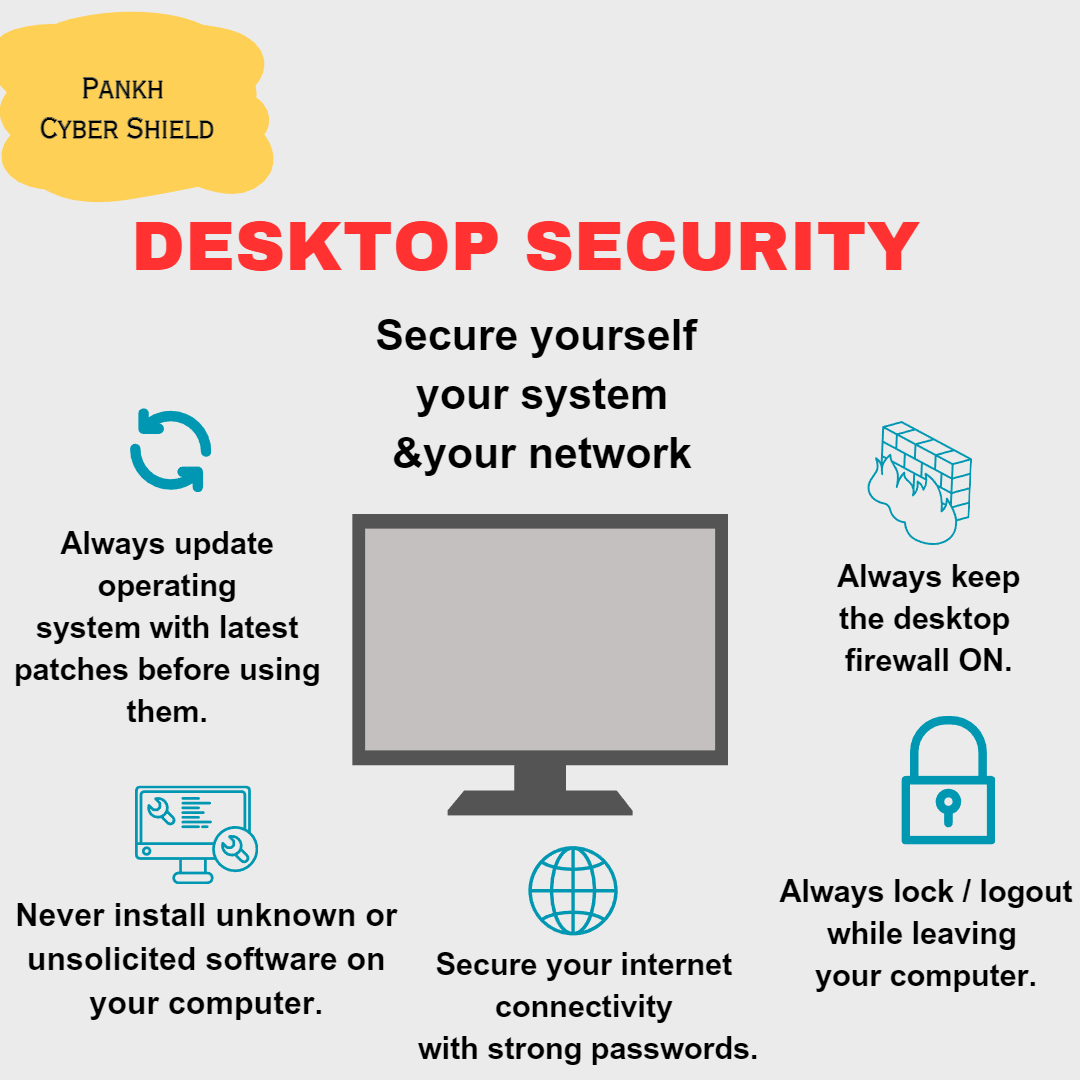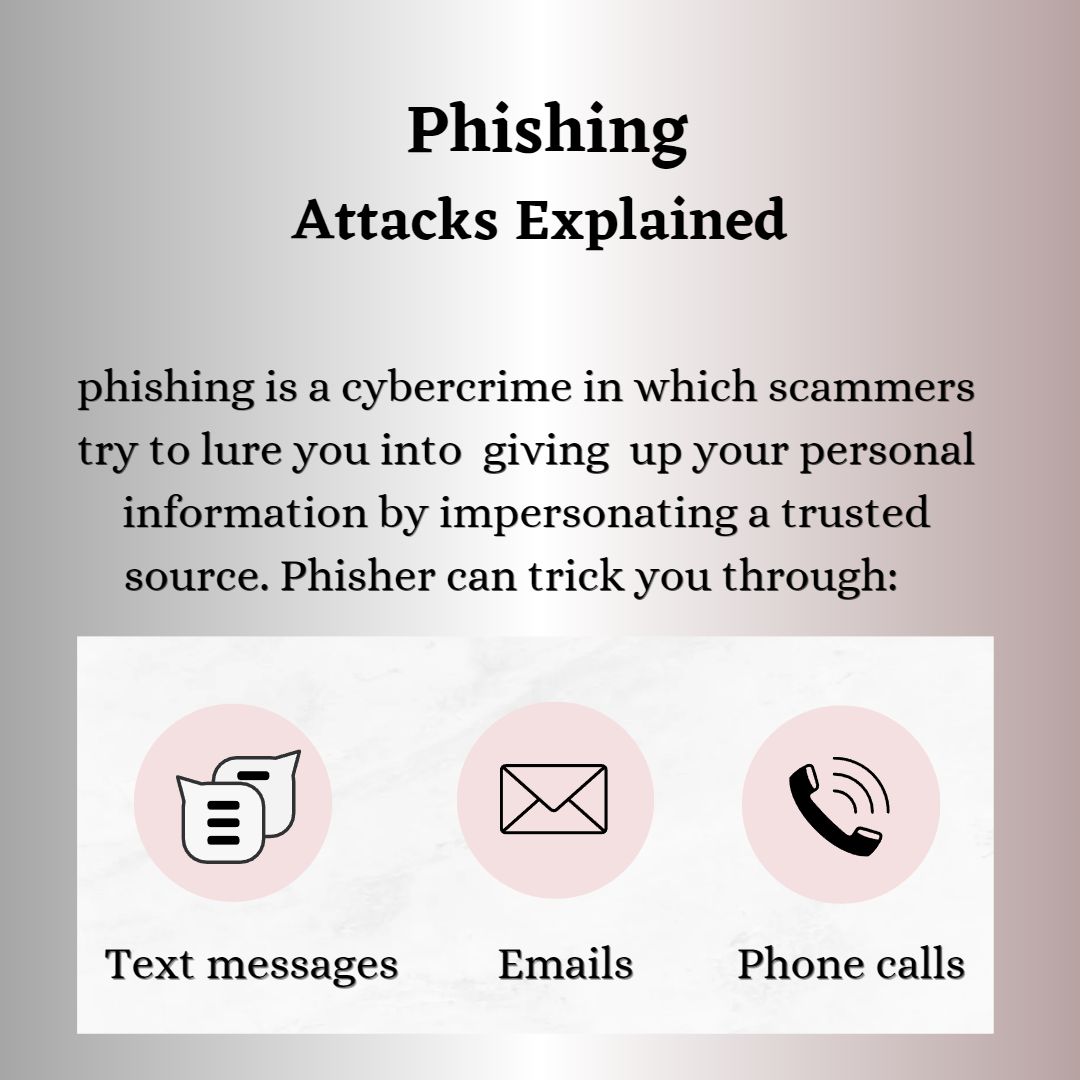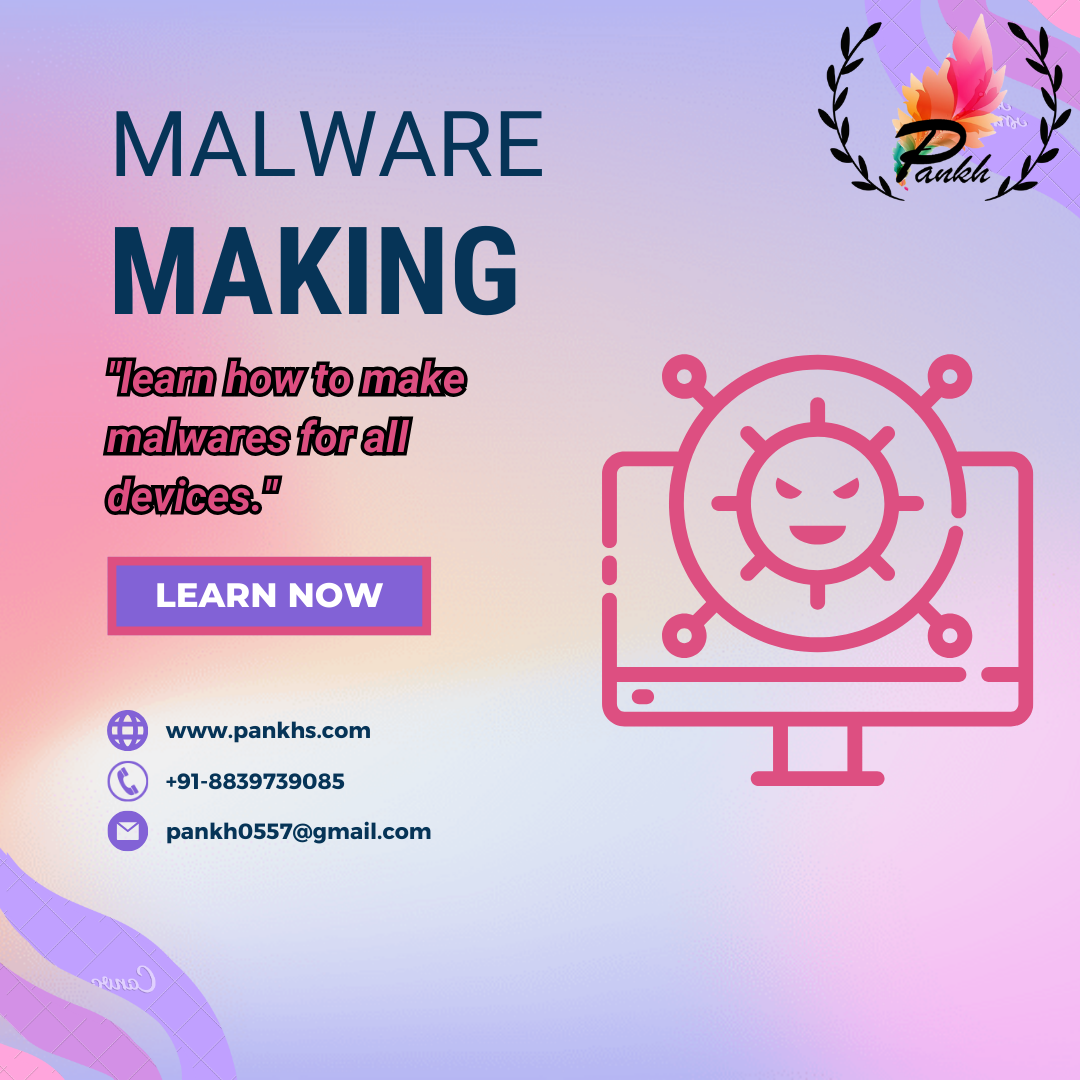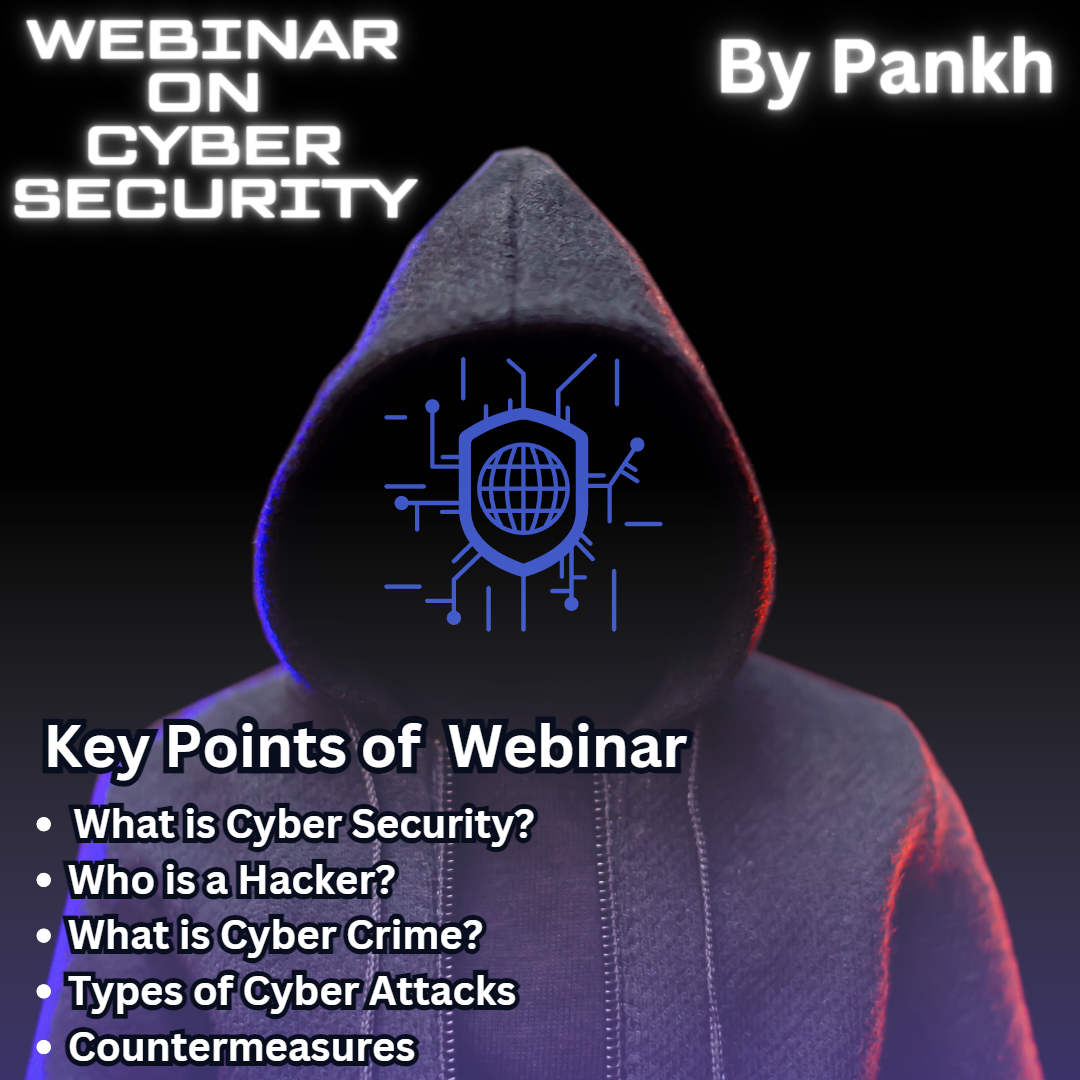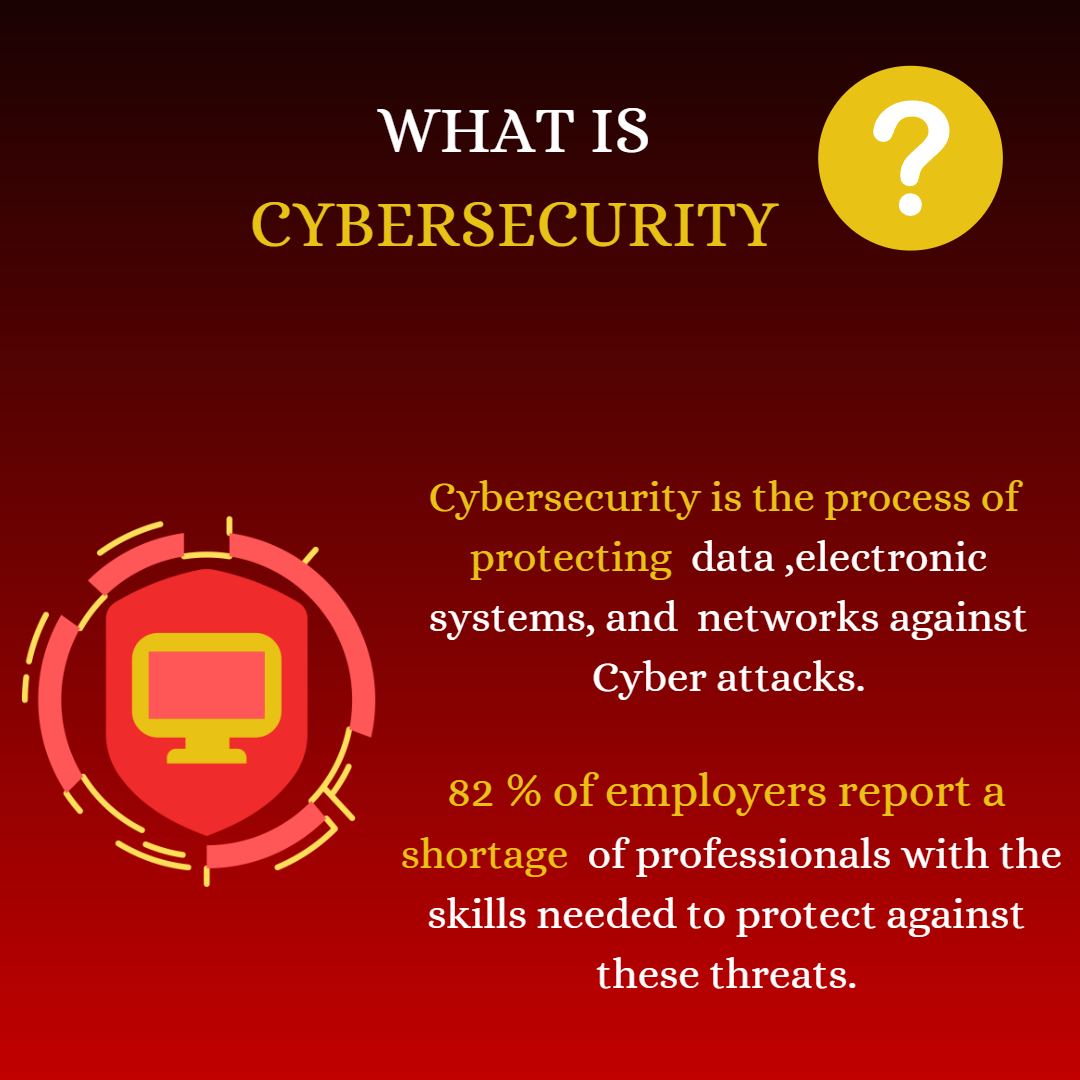Certified Ethical Hacker (CEH)
The Certified Ethical Hacker (CEH) certification is a globally recognized credential that validates the knowledge and skills of professionals in identifying, assessing, and mitigating security vulnerabilities in computer systems and networks. Offered by the EC-Council, CEH is one of the most sought-after certifications in the field of cybersecurity. It is designed to equip individuals with the expertise needed to think and act like a hacker, but with the intent of securing and protecting systems. This certificate is essential for those looking to pursue a career in ethical hacking, penetration testing, or cybersecurity consulting.
Ethical hacking involves the authorized and legal use of hacking techniques to identify security weaknesses in systems, networks, or applications. Ethical hackers, also known as white-hat hackers, employ the same methods and tools as malicious hackers, but their goal is to protect rather than exploit. By simulating potential attacks, ethical hackers help organizations strengthen their security posture, ensuring that vulnerabilities are addressed before they can be exploited by cybercriminals.
The Certified Ethical Hacker (CEH) certification is a globally recognized credential, renowned for its comprehensive coverage of ethical hacking and cybersecurity. Offered by the International Council of E-Commerce Consultants, commonly known as the EC-Council, CEH certification serves as a benchmark for professionals seeking to master the art of ethical hacking. Ethical hackers, also known as white-hat hackers, play a pivotal role in identifying vulnerabilities in systems, networks, and applications to protect them from malicious attacks.
For those interested in enhancing their skills and obtaining a CEH certification, Contact Our Organization pankhs.com for comprehensive training programs designed to prepare you for the CEH exam.
The Role and Importance of Ethical Hacking
1. Proactive Security Measures
Ethical hacking plays a crucial role in proactively identifying and addressing vulnerabilities in systems before they can be exploited by malicious actors. By simulating potential attacks, ethical hackers help organizations strengthen their security defenses. This proactive approach reduces the risk of data breaches and cyberattacks. For those interested in pursuing a career in ethical hacking or obtaining relevant certifications, Contact Our Organization pankhs.com to explore our training programs.
2. Mitigation of Security Risks
One of the primary functions of ethical hackers is to mitigate security risks by uncovering weaknesses in systems, networks, and applications. Through thorough assessments and penetration testing, they identify and address vulnerabilities that could be exploited by cybercriminals. By addressing these issues, organizations can implement effective security measures and prevent potential damage. To gain expertise in this critical area, Enroll in Our Hacking Certification Courses pankhs.com to receive comprehensive training.
3. Enhancement of Organizational Security Posture
Ethical hackers enhance an organization’s security posture by providing detailed reports on vulnerabilities and recommending corrective actions. Their work helps organizations understand their security strengths and weaknesses, enabling them to implement robust security policies and practices. If you’re looking to improve your skills in this field and contribute to organizational security, Get in Touch With Us for information on our certification programs.
4. Compliance with Legal and Regulatory Requirements
Ethical hacking helps organizations comply with legal and regulatory requirements related to cybersecurity. Many industries have specific regulations that mandate regular security assessments and vulnerability testing. Ethical hackers ensure that organizations meet these requirements and maintain compliance, thereby avoiding legal penalties and safeguarding sensitive data. To learn more about how ethical hacking can support compliance efforts, Contact Us for details on our training services.
5. Development of Advanced Security Skills
Ethical hacking requires advanced technical skills and knowledge of various hacking techniques and tools. By engaging in ethical hacking practices, professionals develop expertise in areas such as network scanning, vulnerability assessment, and exploit development. This skill development is essential for careers in cybersecurity and helps individuals stay ahead of emerging threats. If you’re interested in developing advanced security skills, Explore Our Certification Options to get started.
6. Identification and Prevention of Emerging Threats
Ethical hackers are instrumental in identifying and preventing emerging cyber threats. As technology evolves, new vulnerabilities and attack vectors emerge. Ethical hackers stay updated with the latest trends and threats, helping organizations adapt their security strategies accordingly. For those keen on staying at the forefront of cybersecurity, Join Our Hacking Training Programs to gain insights into the latest threat landscapes.
7. Strengthening Incident Response Capabilities
Ethical hacking also contributes to strengthening an organization’s incident response capabilities. By simulating real-world attacks, ethical hackers help organizations prepare for potential security incidents and refine their response strategies. This preparation ensures that organizations can respond quickly and effectively to actual cyberattacks. To enhance your incident response skills and overall cybersecurity expertise, Contact Us for information on our advanced training programs.
8. Promotion of Cybersecurity Awareness
Ethical hackers play a role in promoting cybersecurity awareness within organizations. Through their work, they highlight the importance of security best practices and educate employees about potential threats. This awareness helps build a security-conscious culture and reduces the likelihood of human errors leading to security breaches. If you’re interested in contributing to cybersecurity awareness and education, Get Involved With Our Certification Program to learn more.
9. Career Advancement Opportunities
Pursuing a career in ethical hacking offers significant career advancement opportunities. The demand for skilled ethical hackers is growing, and obtaining relevant certifications can lead to advanced positions such as penetration tester, security consultant, or cybersecurity analyst. The CEH certification, in particular, is a valuable credential that can enhance your career prospects and open doors to new opportunities. To explore career opportunities and certification options, Reach Out to Us for guidance on how our programs can support your professional growth.
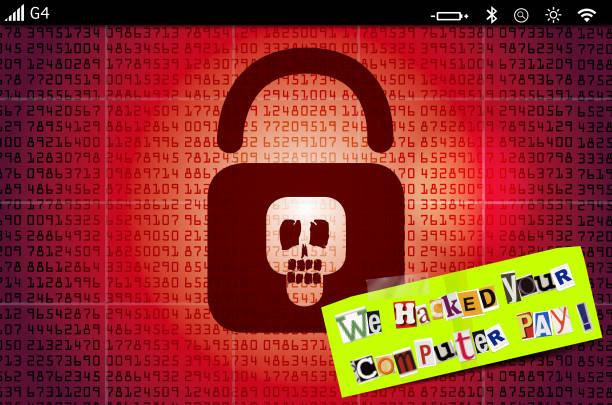
The CEH certification is grounded in a legal and ethical framework that differentiates ethical hackers from malicious hackers. Ethical hackers, also known as white-hat hackers, use their skills to identify vulnerabilities in systems with the permission of the organization, aiming to strengthen security rather than exploit it. The CEH certification emphasizes the importance of adhering to legal guidelines and ethical standards in cybersecurity practices. It underscores the necessity of obtaining proper authorization before conducting security assessments, thereby fostering a responsible approach to ethical hacking.
Key Areas Covered in the CEH Certification
1. Footprinting and Reconnaissance
Footprinting and reconnaissance are critical initial phases in ethical hacking. This area involves gathering information about a target system or network to understand its structure and identify potential vulnerabilities. Techniques include domain name system (DNS) queries, network mapping, and gathering information from public sources. To gain hands-on experience in these techniques, Explore Our Footprinting and Reconnaissance Course.
2. Scanning Networks
Network scanning involves discovering live hosts, open ports, and services running on a network. This phase is essential for mapping the network and identifying potential entry points for exploitation. Tools and methods used include port scanners, network mappers, and vulnerability scanners. To develop your skills in network scanning, Join Our Network Scanning Training.
3. Gaining Access
Gaining access involves exploiting vulnerabilities to gain unauthorized access to systems or networks. This includes techniques such as password cracking, exploiting software vulnerabilities, and social engineering. This critical area prepares ethical hackers to understand and mitigate various attack methods. For in-depth training on gaining access techniques, Enroll in Our Access Exploitation Course.
4. Maintaining Access
Once access is gained, maintaining it involves techniques that attackers use to retain control over compromised systems. This includes methods for creating backdoors, using rootkits, and ensuring persistence in the network. Ethical hackers need to understand these techniques to detect and prevent them. To learn more about maintaining access and countermeasures, Check Out Our Course on Maintaining Access.
5. Covering Tracks
Covering tracks involves erasing or altering evidence of an attack to avoid detection. This includes techniques for clearing logs, hiding files, and using encryption to conceal malicious activities. Understanding these methods is crucial for ethical hackers to identify and address them. To gain insights into covering tracks and detection techniques, Visit Our Covering Tracks Training Program.
6. Web Application Security
Web application security focuses on identifying and addressing vulnerabilities in web applications. Common issues include SQL injection, cross-site scripting (XSS), and cross-site request forgery (CSRF). Ethical hackers must be proficient in testing and securing web applications to prevent attacks. For specialized training in web application security, Enroll in Our Web Application Security Course.
7. Wireless Network Security
Wireless network security involves protecting wireless networks from attacks such as rogue access points, packet sniffing, and wireless encryption vulnerabilities. Ethical hackers need to understand the specific risks associated with wireless networks and how to mitigate them. To enhance your skills in wireless network security, Explore Our Wireless Security Training.
8. Cryptography
Cryptography is the study of techniques for securing communications and data through encryption and decryption. Ethical hackers must understand cryptographic protocols and how to assess their effectiveness in protecting information. For comprehensive training on cryptography and its applications, Join Our Cryptography Course.
These key areas are fundamental to the CEH certification and encompass the core knowledge required to excel in ethical hacking. For further details on our CEH training and certification programs, Contact Us to get started.
"Empower your Cyber IQ with Panith Education! Elevate your with cutting-edge cyber security training and certifications, We're not just teaching, we're trenstorming! Join us nus in spreading the wings of awareness in the cyber restm Unleash your cyber savvy with Pankh - Where Knowledge Takes Flight"
The CEH Exam: Structure and Content
1. Exam Format and Question Types
The CEH exam is a computer-based test consisting of multiple-choice questions designed to assess a candidate’s knowledge and skills in ethical hacking. The exam typically includes questions that cover various domains of cybersecurity, such as network security, penetration testing, and cryptography. To prepare effectively for the CEH exam, Explore Our Comprehensive CEH Exam Preparation Course which offers detailed insights and practice questions.
2. Number of Questions and Duration
The CEH exam generally comprises 125 questions that need to be completed within a 4-hour timeframe. The questions are designed to test a wide range of topics related to ethical hacking, from basic concepts to advanced techniques. Adequate preparation is essential to manage time effectively and address all questions thoroughly. For practice exams and time management strategies, Join Our CEH Practice Test Sessions.
3. Domains Covered
The CEH exam covers several domains, including:
- Footprinting and Reconnaissance: Techniques for gathering information about a target.
- Scanning Networks: Methods for identifying live systems and open ports.
- Gaining Access: Exploiting vulnerabilities to gain unauthorized access.
- Maintaining Access: Techniques for retaining control over compromised systems.
- Covering Tracks: Methods used to hide evidence of malicious activities.
- Web Application Security: Identifying and addressing vulnerabilities in web applications.
- Wireless Network Security: Protecting wireless networks from various threats.
- Cryptography: Understanding and applying encryption techniques.
To get detailed coverage of these domains, [Enroll in Our CEH Training Program](Your Organization Link) designed to thoroughly prepare you for the exam.
4. Scoring and Passing Criteria
To pass the CEH exam, candidates must achieve a minimum score, which is determined based on the difficulty level of the questions and the overall performance of candidates. The passing score is not fixed and may vary slightly with each exam version. Our CEH Certification Preparation Course includes tips on understanding scoring and how to aim for a passing score.
5. Prerequisites and Eligibility
While there are no strict prerequisites for taking the CEH exam, it is recommended that candidates have a foundational understanding of networking and cybersecurity concepts. Previous experience in IT security or completion of relevant training courses can be beneficial. For those seeking structured preparation, Contact Us to find out about our eligibility criteria and recommended training courses.
6. Post-Exam Certification and Continuing Education
Upon passing the CEH exam, candidates receive a certification that validates their expertise in ethical hacking. The CEH certification is valid for three years, after which recertification is required to maintain the credential. Continuous learning and staying updated with the latest cybersecurity trends are essential for maintaining certification. For ongoing education and certification renewal information, Visit Our Continuing Education Programs.
From a career development perspective, the CEH certification is a valuable tool for professionals looking to advance in the cybersecurity field. It equips individuals with a thorough understanding of various hacking techniques and countermeasures, allowing them to perform security assessments and improve organizational defenses. The certification is highly regarded by employers and can significantly enhance job prospects, potentially leading to roles such as penetration tester, security analyst, and cybersecurity consultant. By earning CEH certification, professionals demonstrate their commitment to continuous learning and staying abreast of the latest security trends.

Benefits of CEH Certification
Obtaining a CEH certification offers numerous benefits for both individuals and organizations:
Career Advancement: CEH certification is a highly regarded credential that can open doors to advanced positions in cybersecurity, such as ethical hacker, penetration tester, or cybersecurity consultant.
Skill Validation: The certification demonstrates a professional’s ability to identify and mitigate security vulnerabilities, making them a valuable asset to any organization.
Global Recognition: CEH is recognized worldwide, making it an essential certification for professionals looking to work in cybersecurity roles across different countries and industries.
Practical Knowledge: The CEH certification program emphasizes hands-on training, ensuring that candidates not only understand theoretical concepts but also know how to apply them in real-world scenarios.
Network of Professionals: Certified Ethical Hackers become part of a global community of cybersecurity professionals, providing opportunities for networking, collaboration, and continued learning.
If you’re ready to take your career to the next level, Contact Us Today to learn more about how our CEH certification program can help you achieve your professional goals.
The Certified Ethical Hacker (CEH) certification is an essential credential for anyone looking to establish or advance their career in cybersecurity. It provides the knowledge, skills, and recognition needed to excel in ethical hacking and related fields. By mastering the tools and techniques used by malicious hackers, certified ethical hackers can protect organizations from a wide range of cyber threats.
If you’re interested in pursuing CEH certification, Reach Out to Our Organization for expert training and certification options tailored to meet your needs. Whether you’re starting your journey in cybersecurity or looking to enhance your existing skills, our programs are designed to help you succeed.



